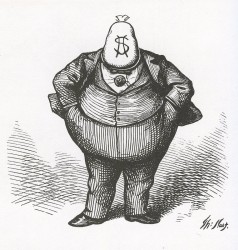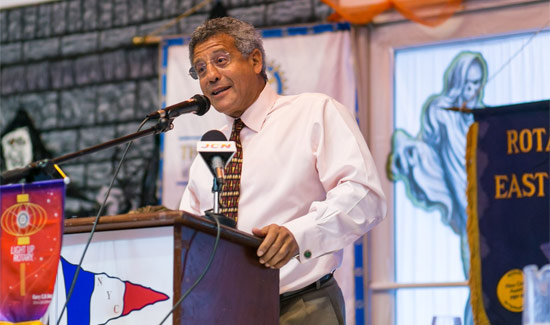
Former Assistant Commissioner of the Royal Bahamas Police Force Paul Thompson yesterday blamed lawyers for trials taking so long to begin in the Bahamas.
Mr Thompson, who appeared as the guest on a local radio talk show, said there are far too many things that stand in the way of a trial starting and ending as early as it should, with the main problem being lawyers.
“When the gun court was started, they were seated to try cases as quickly as possible,” the retired ACP said.
“We were hoping that within two weeks we could have a trial started. But lawyers changed that. Lawyers then started asking for adjournments. The possession of firearm or drugs cases, for example, are short. A firearm is found in a car with bullets. Three police witnesses, usually the two officers who found it and another officer from the firearms department. That should take 25 minutes.”
“Take, for example, the case with Mr John Bostwick. He has to wait now until September. That’s too long. Then you see, my feeling is that somebody should talk to the magistrates about these long adjournments. The lawyers have taken control of the dates to be set in court. They come in and say they can’t make this date and that date.”
According to Mr Thompson, whenever a suspect is held in custody after four or five years, they must then be released because it would become unlawful to hold them.
He said this is where the problem comes in because a lot of them turn around and commit worse crimes or end up dead. Last week, three men recently released on bail, two of whom were on trial for murder, were shot in the head and killed.
“I must commend the Attorney General and her efforts to get Swift Justice going,” he said. “But it’s going to be costly. If you’re going to have ten courts with jurors coming in, it’s going to be costly.”
Another issue the former ACP said is enabling the release of criminals and the eventual continuation of their criminal activity is “trial by jury.”
“I think as far as trials in the Supreme Court go, we should really look at having trials by judges,” Mr. Thompson said. “I once sat in a trial where it took them two hours to select a jury. We are wasting time.”
Mr Thompson said he knows of several cases where the verdict was almost a guilty one; however, the failure of the jury to reach a unanimous decision was the stumbling stone.
By KYLE WALKINE
Tribune Staff Reporter


